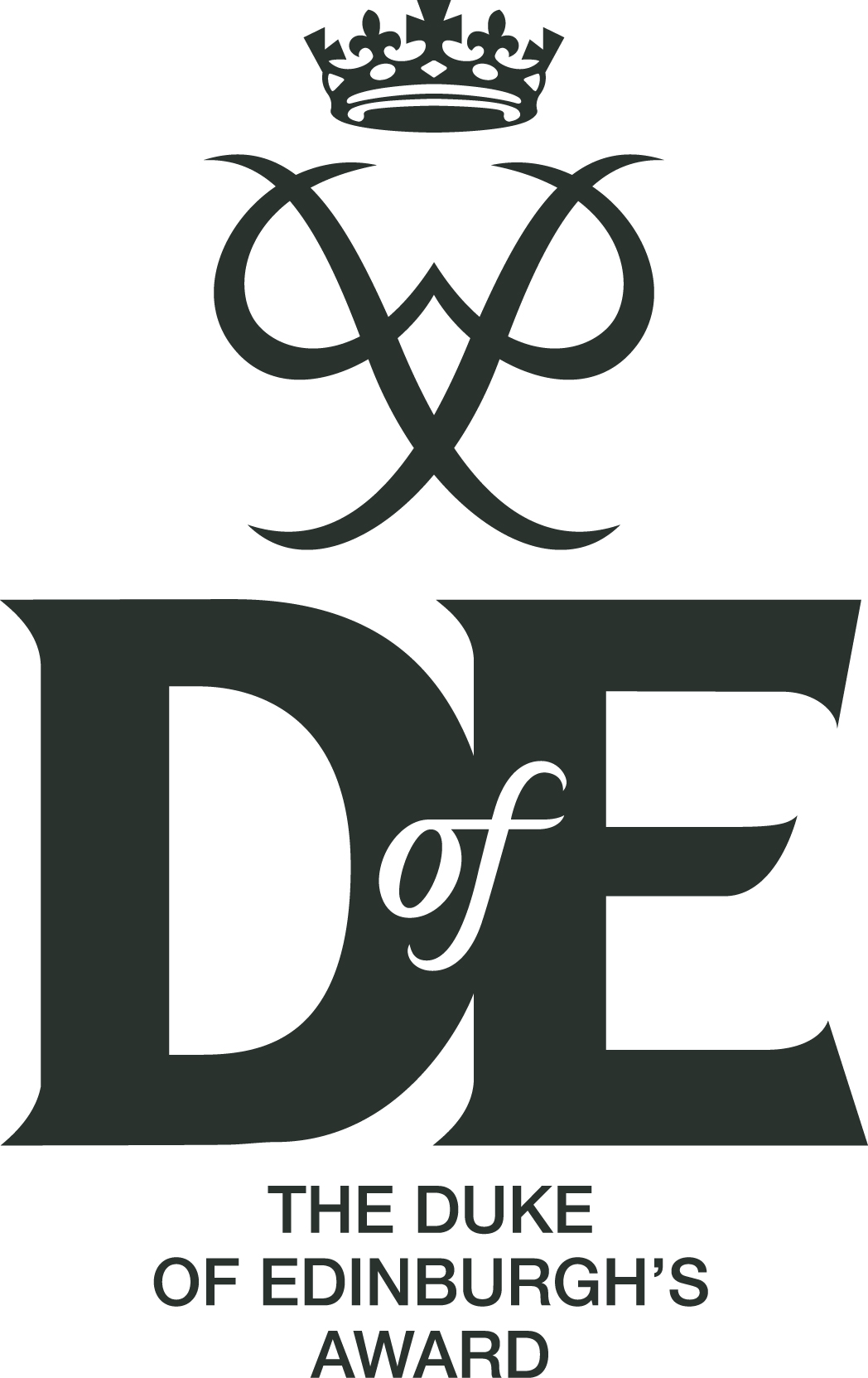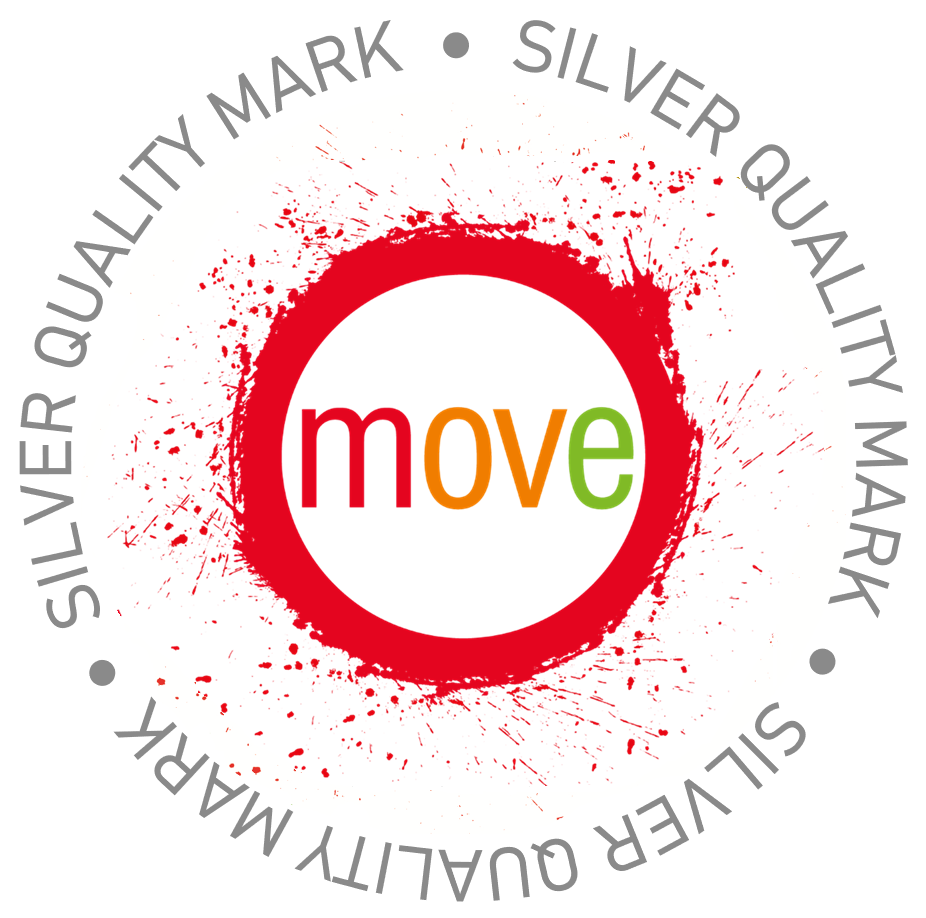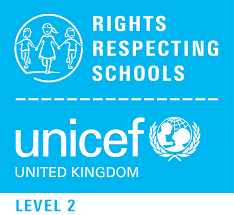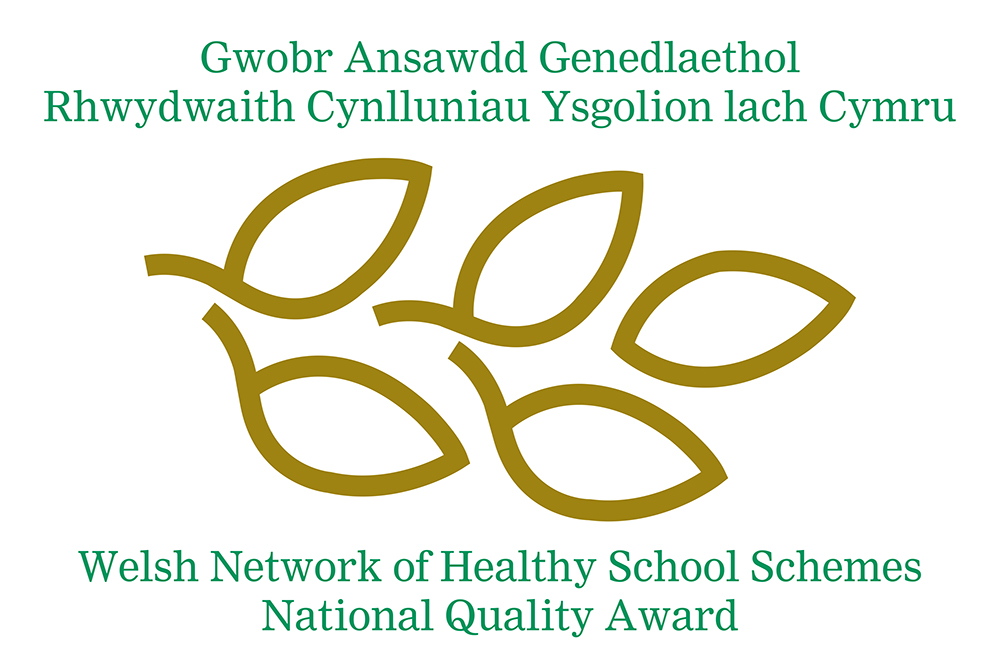Conversations about the future and a learner’s hopes and aspirations will take place at a learner’s IDP review meetings. These conversations will usually start in Year 9. These meetings are really important, so the right people will need to be invited. This may include professionals from school, local colleges, Social Care, Careers Wales, and health departments. They will all give valuable insights and support for transition planning.
The IDP review meetings are person-centred, meaning it focuses on the learner’s goals, views, and wishes for the future and what support they need to get there. Professionals working with the learner will assess their needs to make sure they’re getting the right support.
In Caerphilly, the ‘local offer’ refers to the provision and resources which are available to learners which include Coleg Y Cymoedd (Ystrad Mynach, Nant Garw, Llwynpia and Aberdare) and Coleg Gwent (Cross Keys, Ebbw Vale, Cwmbran, Usk and Newport). Some Caerphilly learners may also attend colleges in neighbouring authorities such as Merthyr College or Cardiff and Vale College.
All local colleges hold open day events; attending these is crucial for learners and families to gain firsthand experience of the campus environment, courses, and support services. Learners will also have the opportunity to visit the local colleges with school staff as part of their curriculum. By exploring different colleges in person, parents can better assess the overall fit the with learner’s academic and personal needs. Opportunities to ask questions can also help to inform decision making.
In addition to provision provided by the local colleges, the local offer can also include support packages offered by Social Care if it is felt that the leaner’s outcomes may be better supported in settings other than education. Parents will need to consent to a referral being made to Social Care who will then complete an assessment of need.
Therapeutic support such as Speech and Language Therapy (SaLT), Physiotherapy, or Occupational Therapy can be provided by health services in the community. These therapeutic services are usually provided on external sites such as clinics and are usually provided in blocks of care as determined by Aneurin Bevan Health Board. Our local colleges do not offer their own therapeutic input.
Some learners with very complex needs may require support that isn’t usually available in the ‘local offer’. Where the learner cannot be supported locally, then the Local Authority may consider other options. In some cases, a learner may not be able to achieve their desired education and training outcomes locally. This might be because their needs are so complex that appropriate local provision cannot be found. Exploring placements and the provision required within a local college will always be the first step in determining how to support the learner to reach their goals. If there is concern that a learner may need support that’s not typically available at the college through the local offer, then the learner will be referred to the Multiagency Post-16 Transition Panel for discussion. This panel will consider how services can work together with the learner and family to deliver the support required or whether a referral to an Independent Specialist Placement Institution might be supported. Social Care will also need to complete an assessment of need, if a residential option is being considered.
It is important to note that applications to an Independent Specialist Placement with funding from the LA can only be accepted where the local offer has been fully explored and local colleges have provided a written rational for why they are unable to meet the learners needs. Only learners whose cases have gone through the statutory panel processes will be considered for placements at an Independent Specialist Placement.
For further information please contact Christine Thomas (Assistant Headteacher) on 01443 866000 or speak to your child’s class teacher.











